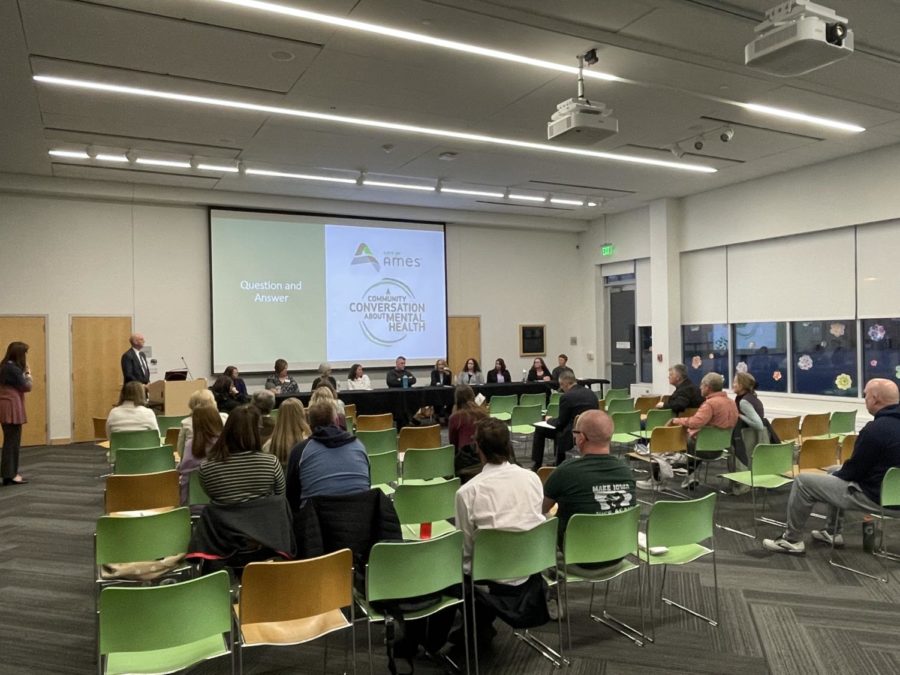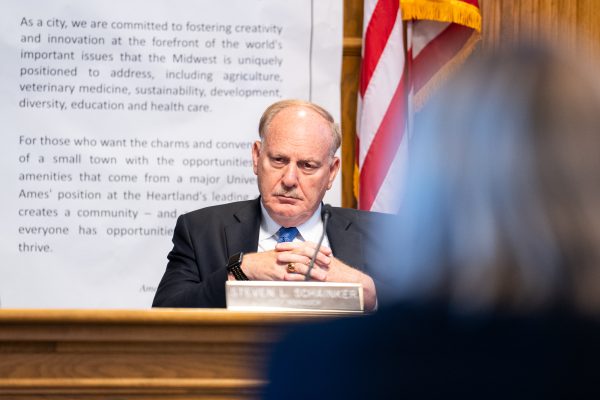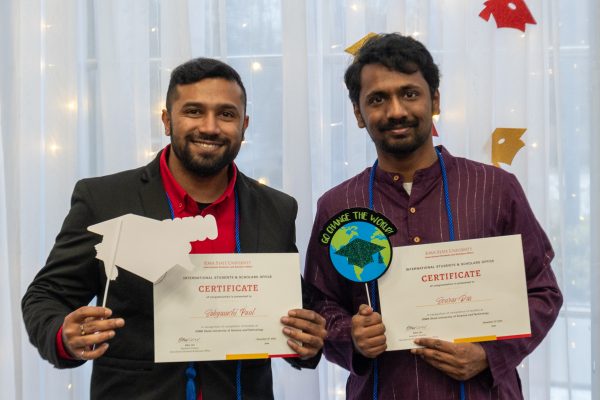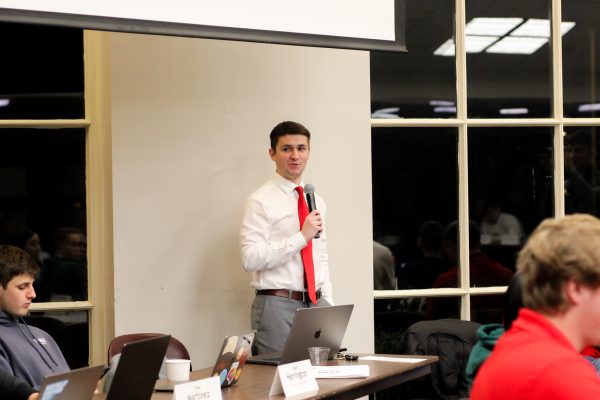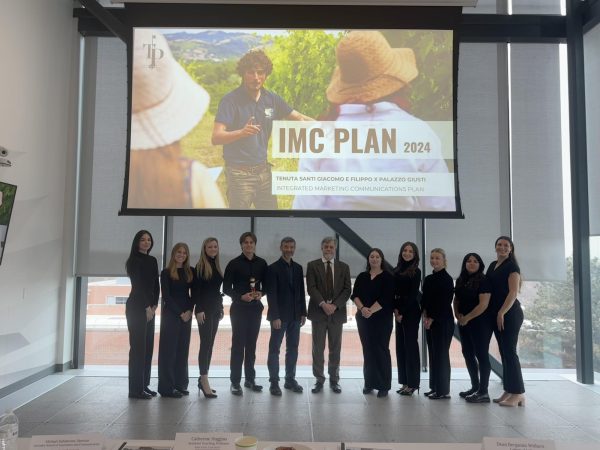Community conversation focuses on mental health, substance use
The community conversation on mental health, titled Navigating Mental Health/Substance Use Systems, was hosted at the Ames Public Library May 2.
Community leaders gathered to discuss mental health and substance use resources within Story County and Ames at the penultimate community conversation in the 2022-23 series.
The event was hosted at the Ames Public Library Tuesday evening and focused on navigating mental health and substance use systems. The event featured two panels, a 211iowa.org demonstration and a scenario from the Ames Alternative Response for Community Health (ARCH).
According to the Ames Public Library website, the event supports the Ames City Council’s goal of identifying opportunities to improve mental and physical health with community partners.
Mayor John Haila said all the past community conversations are available on YouTube and noted that he would love to see the room overflowing with people.
“The purpose of tonight’s session is to help people understand what are the resources that are available in our community to help deal with both mental health and substance use systems,” Haila said.
Jenny Schill from the United Way of Story County demonstrated how to use 211iowa.org, which can connect people with mental health and substance abuse resources. In addition to the website, people can call 211 to talk to someone who can connect them with the proper resources.
“I probably would prefer calling 211 and talking to a person,” Schill said. “These are highly trained people to talk someone through this process and find out what the actual need is and get them connected with the best resource that is available to them.”
Schill explained that people can call 211 for info and resources, call 911 for emergencies and call 988 for suicide intervention and support.
Ames Police Department Mental Health Advocate Julie Saxton recommended mental health education.
“Mental health first aid is fantastic,” Saxton said. “It is an eight-hour course, and it covers a variety of mental health diagnoses [which includes] their signs, their symptoms [and] how do you respond.”
Representatives from Central Iowa Community Services (CICS), Community and Family Resources, Eyerly Ball and Youth Shelter Services were in attendance and discussed their services. Mental Health Director at Community and Family Resources Cary Williams said there is no wrong answer on who to contact.
“I would say reach out to somebody– start somewhere,” Williams said. “Reach out, and if they can’t provide the services, they’ll connect you with somebody that can.”
Williams also said if a connection with a therapist is not the right fit, find someone else rather than stopping therapy.
Central Iowa Community Services Service Coordinator Kathy Johnson said there are additional resources people need than treatment.
“If you call Eyerly Ball and say ‘I don’t have a place to live’ they’re going to say ‘Oh why don’t you call CICS and ask them,” Johnson said.
Williams said people who work with mental health and substance use issues see the whole person.
“Trauma is going to a lot of times have an impact on substance use disorder because people don’t want to talk about trauma that’s part of the diagnosis, active avoidance,” Williams said.
Saxton said there is a need for “real raw conversations” in the community to discover problems and find solutions.
“I hate going home and knowing that I tell people all the time, ‘I’m sorry I can’t help you’ and what I mean by that is it is not the people I am working with, it’s the system in which I work within,” Saxton said.
Johnson said the most frustrating common issue she deals with that directly relates to mental health is homelessness.
“We have a terrible homeless problem in this city and I think a lot of people don’t realize that,” Johnson said. “We have a wonderful shelter, but they can’t house that many people, and a lot of people with very severe chronic mental illness can’t be in the shelter.”
Johnson also said everyone deserves a home and that it is difficult to struggle with mental illness and be homeless.
After originally being canceled for severe weather, Haila said the final community conversation, “Civility in Conversation,” will be held on June 6.
Your donation will support the student journalists of the Iowa State Daily. Your contribution will allow us to purchase equipment, send our student journalists to conferences and off-set their cost of living so they can continue to do best-in-the-nation work at the Iowa State Daily.


